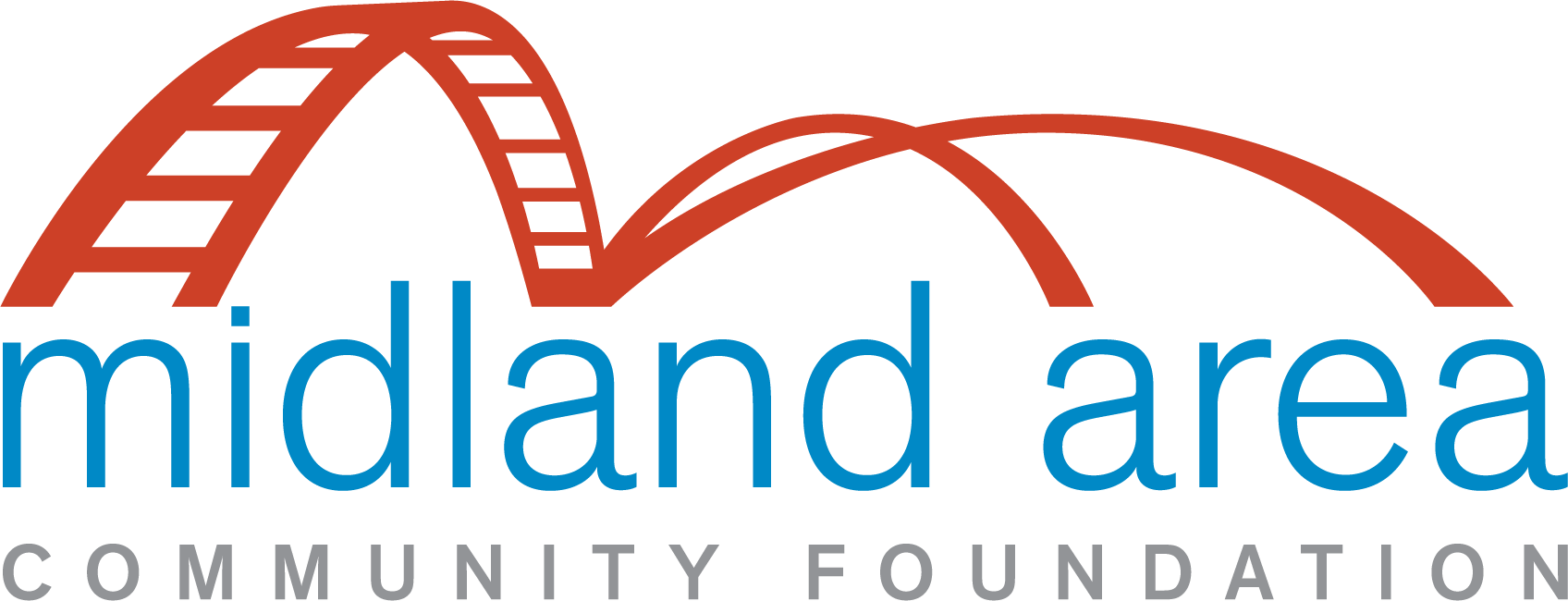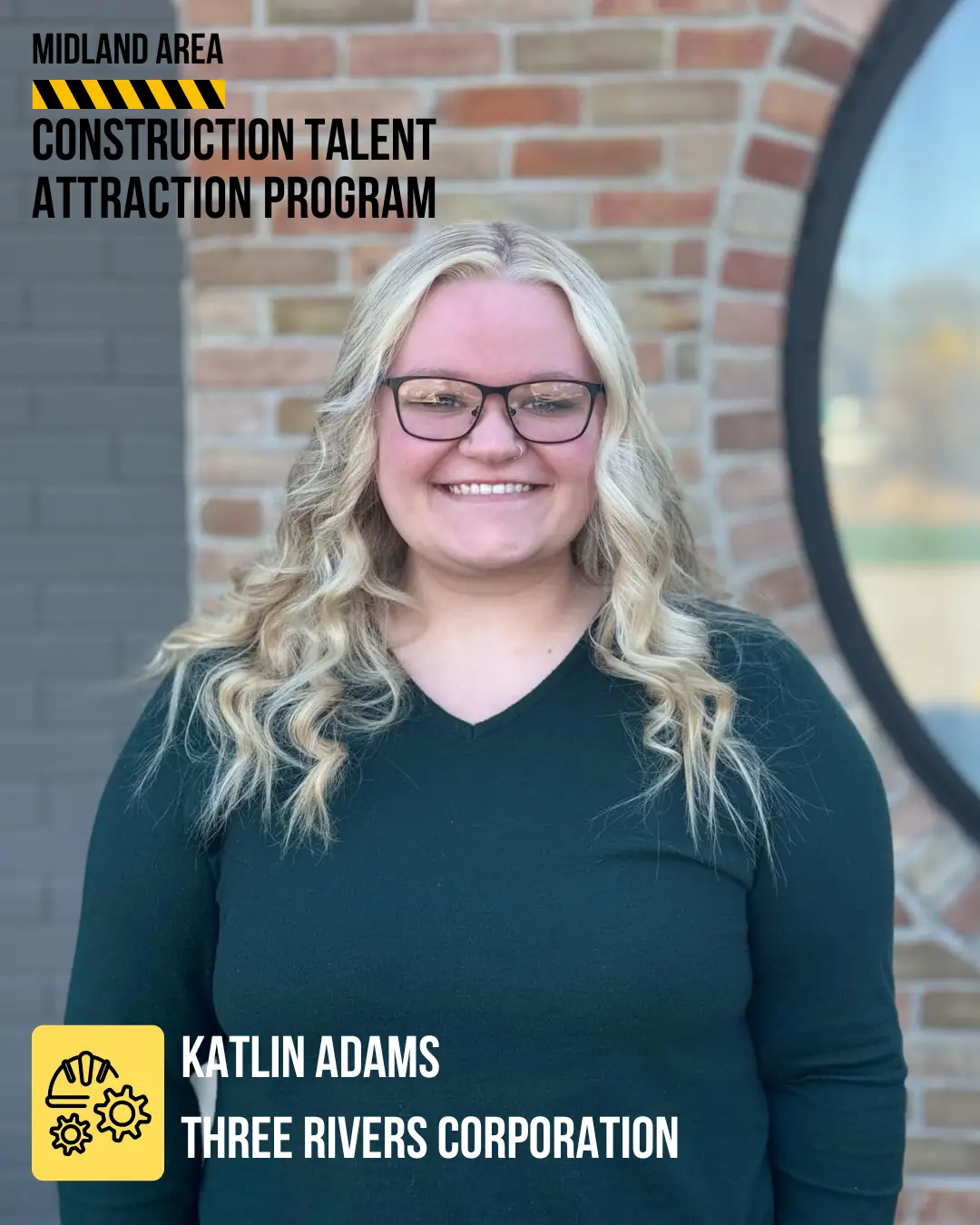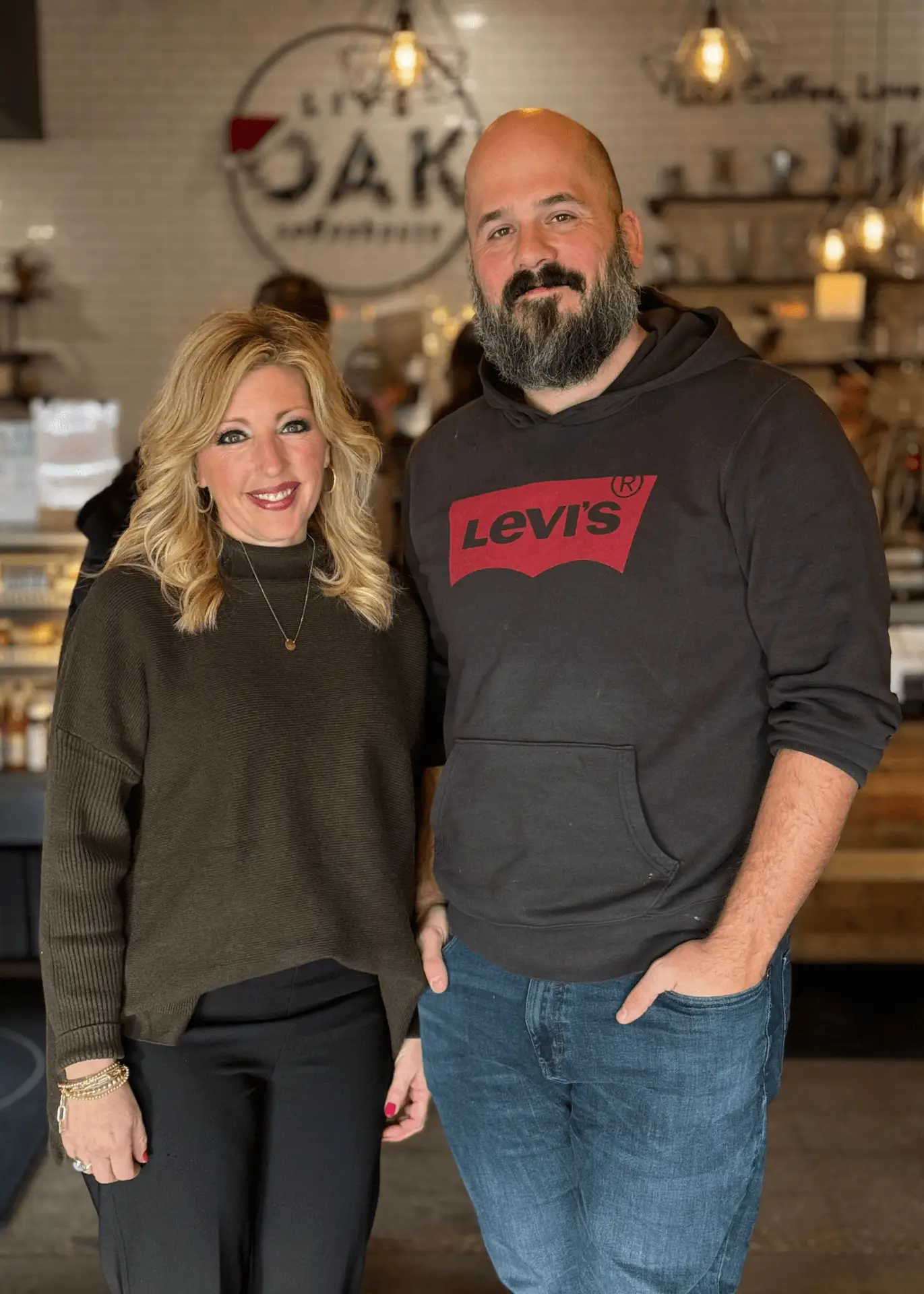Prologue: The Midland Area Career & College Access Network is a learner-centered, community-minded network united in facilitating equitable postsecondary education access and attainment in and around Midland County. Val Gerhart served as the first Coordinator for the Midland Area Career & College Access Network. Kristin Sovis now oversees the Network as part of her role as Postsecondary Education Leader. Both share a passion for helping students by making postsecondary education accessible to all.
“Some kids cry right there in the office when one of our advisors tells them, ‘Guess what? You have money to go to college!’
There’s a need in this community to help low-income, historically marginalized students in their career development, and The Midland Area Career and College Access Network works to address those needs. The network is about increasing access to post-secondary education—any kind of degree or certificate that will help someone earn a living wage—and we are especially focused on helping young people who are the first of their family to continue their education beyond high school. Part of that work is breaking down stigmas about what it means to go to college or not go to college—lifting up all the different pathways. Amplifying the opportunities and connecting the students.
Sharon Mortensen brought it to our community leaders in 2013. She is a convener: if Sharon thinks something’s a good idea, people listen! There was so much energy and commitment around the idea that the grant was finished in a year, which is uncommonly fast. Great leaders were involved with it, and they stayed with it.
The heart and soul of this program is our student advisors. None of this work is possible without establishing trust first, so the advisors’ work is to get to know students and build relationships with them and their families. They put on financial aid literacy nights, do one-to-one post-secondary exploration, campus visits, and site visits to workplaces. They do school-wide events to build understanding and familiarity with aspects of career and college culture. They host things like “Application Day,’ and ‘Decision Day,’ where we celebrate students for their choices, scholarship achievements, and their post-secondary plans. The advisors do all the hard work every day with the students, so when you talk about a direct service impact, those advisors really move the work.
Four of our advisors are recent college graduates working for Americorps and Advise Michigan. So it’s a great experience for everyone involved: students are getting support to go in the direction they want to go, and the advisors are getting networking and first-job opportunities. The advisors can really serve as mentors in this space to younger students, and that is a gift to watch.”
Along with helping high school students, the Career and College Access Network also helps adults. Sometimes people think, ‘I could never get a scholarship; I’m too old. But the Michigan Reconnect Program allows free tuition to adults who never earned a degree, funding tuition for a community college associates degree. Through this program, for example, someone who wants to do construction or go into healthcare can get their associate’s degree paid for and enter that field.
We held an event last year called My Place In Healthcare at the hospital in collaboration with MyMichigan Health, and we brought together all of the local college programs that would support different pathways in the medical field; and we brought financial aid advisors in, we brought employers in. What we’re aiming to do is get more collaborative events that speak to all types of employment within an organization.
There’s also a storytelling piece with our adult learner team. We want you to tell your story. Who supported you? Where did you start? Why did you choose that? If more adults can see themselves in these stories, we hope they start to think, ‘Hey, college is for me too.’
When we improve access to college degrees and careers, there’s a ripple effect. For example, if we get a student first in their family to go to college, there might be younger siblings in the home or maybe a parent or guardian who sees that and says, ‘I can go to college, too!’. If we can lift one person up, and then two, and then a family, the next generation will have the beautiful gift of opportunity.
We have action teams—people from Michigan Works, Delta College, Midland County Educational Service Agency, and SVSU—who come together and say, ‘How do we wrap our arms around our community’s most vulnerable?’ The people on the teams go back to their individual organizations and increase support in their individual organizations.
This is important because this work needs to happen across sectors, and there are great programs going on all the time and everywhere to support post-secondary education, but it’s critical to communicate, be in tune with one another, and being on the same page to support a diversity of post-secondary experiences.
We want to retain our awesome college graduates! We want to retain our skilled trades workers! We have to have a community where they want to stay, where there is activity and inclusivity, and where there is respect for all lines of work. And so there’s that ripple effect to the valuing of all work.
Data tells us post-secondary credentials and degrees of all kinds improve the quality of life, so at the heart of this work is building a thriving community for everyone. We know post-secondary education positions people to thrive individually, and when that happens, they contribute and stay in their communities. We want to have an impact that lives beyond individual lives. We want this beautiful community where everyone can thrive, and post-secondary helps us do that.
This work of watching people’s lives transform it’s work that we’re all put on this planet to do. We’re here to make positive change. And through the College and Career Access Network, we can see the beautiful impact we can have right here in Midland County, for all of us.”





